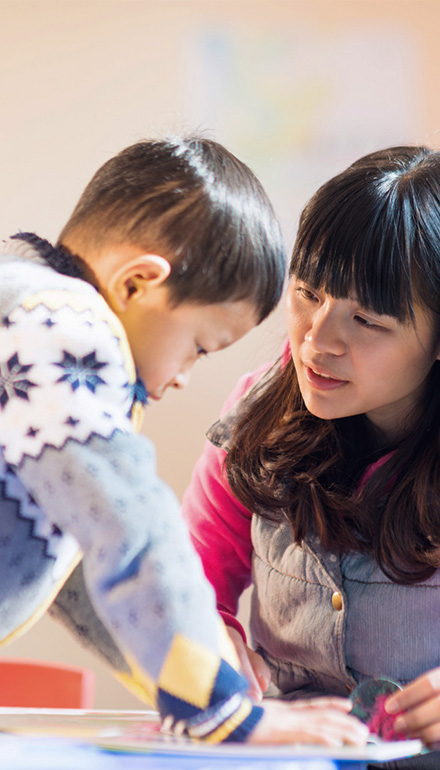The IEP Meeting
After an evaluation has been done, the IEP meeting will be scheduled. Parents/care providers are entitled by law to attend and participate in this meeting, and must be given ample notification of the time and place. Parents/care providers should also request a copy of the evaluation results prior to the meeting so you have time to review them.
The Families and Advocates Partnership for Education (FAPE) suggests considering the following:
- What is your vision for your child – for the future as well as the next school year?
- What are your child’s strengths, needs, and interests?
- What are your major concerns about their education?
- What has and has not worked in your child’s education thus far?
- Does the evaluation fit with what you know about your child?

Content of the IEP
The IEP should address all areas in which a child needs educational assistance. These can include academic and non-academic goals if the services to be provided will result in educational benefit for the child. All areas of projected need, such as social skills (playing with other children, responding to questions), functional skills (dressing, crossing the street), and related services (occupational, speech, or physical therapy) can also be included in the IEP. The IEP should list the setting in which the services will be provided and the professionals who will provide the service. Content of an IEP must include the following:
- A statement of the child’s present level of educational performance. This should include both academic and nonacademic aspects of their performance.
- A statement of goals that the student may reasonably accomplish in the next 12 months. This statement should also include a series of measurable intermediate objectives for each goal. This will help both the parents/care providers and educators to know whether the child is progressing and benefiting from their education. The development of specific, well-defined goals and objectives is crucial to your child receiving an appropriate education.
- Appropriate objective criteria, evaluation procedures and schedules for determining, at least annually, whether the child is achieving the short-term objectives set by the IEP (e.g., “How are we judging whether intervention is successful?” Or, “How long will my child be in this program?”).
- A description of all specific special education and related services, including individualized instruction and related support and services to be provided (e.g., occupational, physical, and speech therapy; transportation; recreation). This includes the extent to which the child will participate in regular educational programs.
- The initiation date and duration of each of the services, as determined above, to be provided (this can include extended school year services). You may include the person who will be responsible for implementing each service.
- If your child is 16 years of age or older, the IEP must include a description of transitional services (a coordinated set of activities to assist the student in movement from school to post-school activities).


